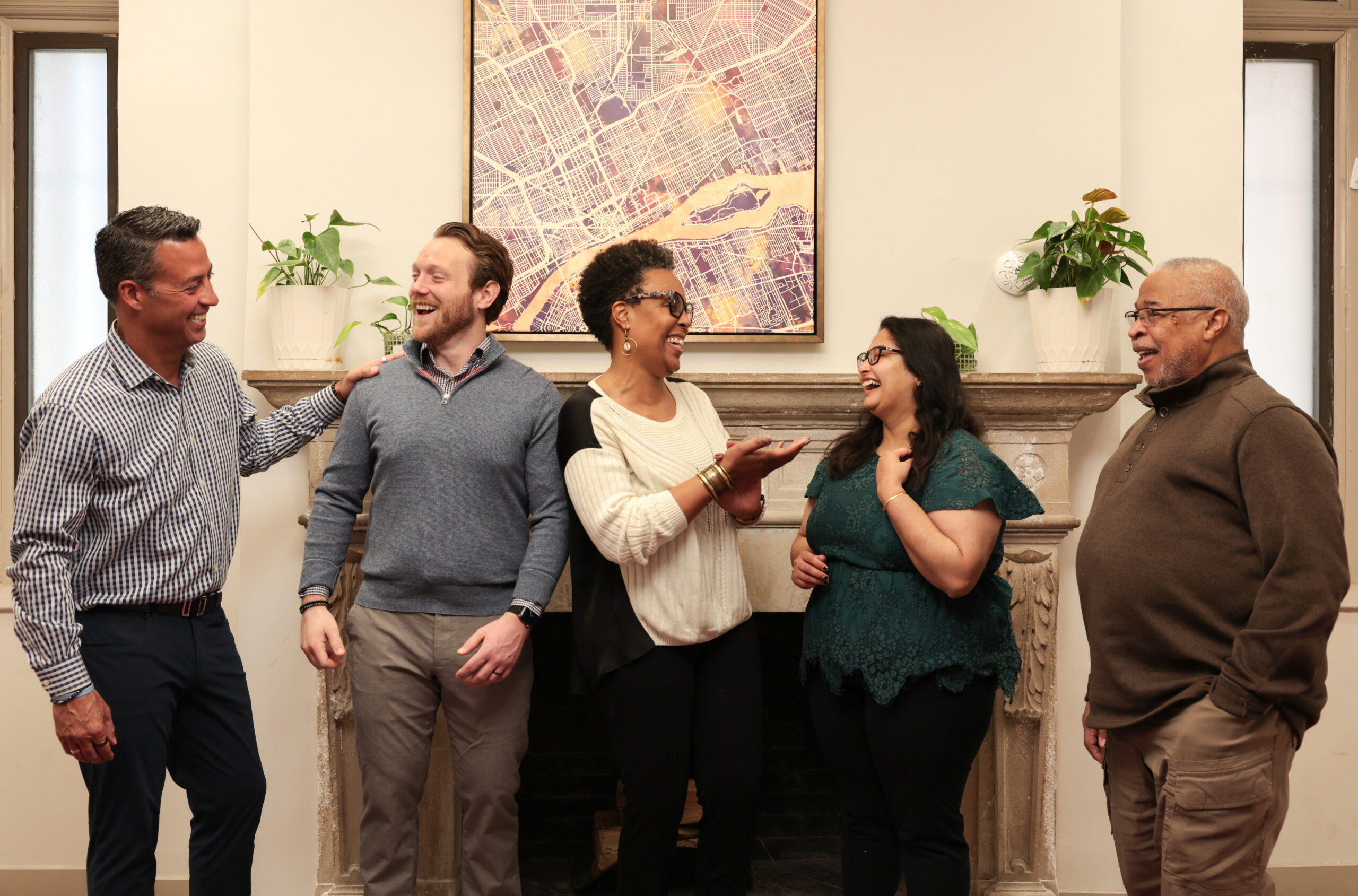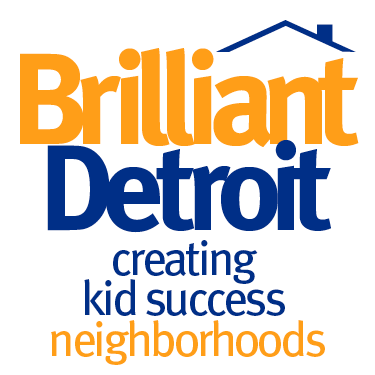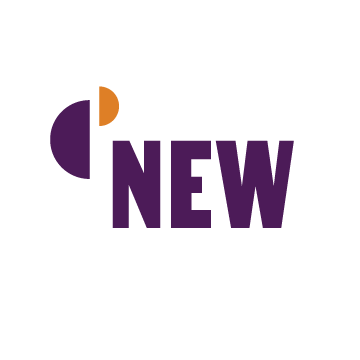Golub Capital Nonprofit Board Fellows Program

300+
ORGANIZATIONS SINCE 1999
800+
BOARD FELLOWS PLACED
8+
U-M SCHOOLS REPRESENTED
26
YEARS OF PROGRAM EXPERIENCES
If you are a nonprofit considering participating in the Golub Capital Nonprofit Board Fellows Program, there are a few critical elements to ensure a successful experience:
Board Fellows voluntarily commit a similar amount of time per month as a full board member (no more than 10 hours/month); they attend board meetings, committee meetings, and complete their projects. We strongly encourage the Board Fellows and their mentor(s) to set a regular meeting and communication schedule at the beginning of their engagement.
To ensure an effective and mutually beneficial working relationship, the organization must:
- Assign a board member to serve as the Board Fellows’ primary mentor
- Provide a formal introduction to the organization and the expectations of board members
- Enable the Board Fellows to complete one or two meaningful, mutually beneficial projects

"The Board Fellows program never ceases to deliver exceptional candidates who take genuine interest in the functioning of nonprofits and how to improve this. We will never not want to participate in this amazing opportunity!"
- Brilliant Detroit

"We continue to be immensely grateful to the Board Fellows who work with us. Their time, energy, talent and insights help us advance our mission & vision. They also add vital capacity to our organization for the exploration of innovative and creative ways to make social change."
- Nonprofit Enterprise at Work (NEW)

